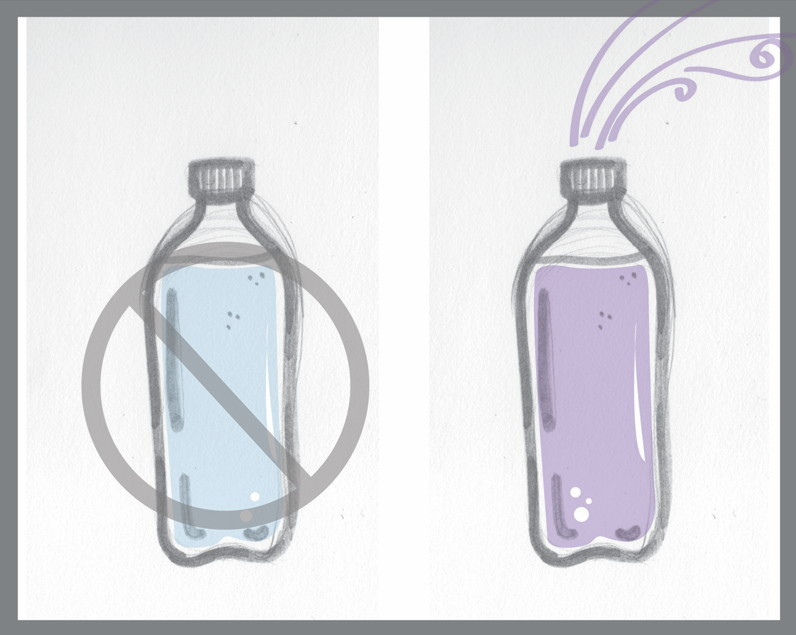The trouble with the bottled water ban
U of W seems to have bent to corporate whims
The problem with reforming a corporatized university is that any “progressive” reforms made are often passive ones that reek of double standards.
Though the University of Winnipeg is a unique and complex institution in many respects, it is fundamentally governed by the same corporate ideological forces that shape the structures of universities across the country.
A general theme of this ideology is that universities now place corporations on a special pedestal, as government funding stagnates and universities as a whole become more dependent upon business to support their operations.
As a consequence, corporate sponsorship and retail at the university becomes generally accepted and permanent.
There are people who challenge the presence of corporations at the U of W, as in other post-secondary institutions, but this influence still tends to counteract the progressive nature of most counter-corporate reform.
A prime example of these forces at work was the referendum that saw the U of W ban the retail of bottled water on campus in March 2009 – a progressive reform on the surface, but a very limited one in scope.
A demonstration of the weakness of this ban is evidenced by the fact that flavoured bottled water was apparently not included in the ban, as flavoured water is still sold on campus.
The argument against the sale of bottled water was that bottled water – particularly Aquafina, because of the beverage contract the university had signed with Pepsi – is bad for the environment, and students should utilize our public waterworks system instead.
“ Universities now place corporations on a special pedestal, as government funding stagnates and universities as a whole become more dependent upon business to support their operations
The U of W has been proud to announce the ban, although it didn’t have the gall to ban bottled water unilaterally, which would have been a progressive reversal of its previous unilateral decision to allow the selling of bottled water on campus.
Unfortunately, Aquafina flavoured bottled water, for certain reasons, is still sold.
The implicit reasoning is that there’s flavour in the water, so it’s very different from ordinary bottled water. It’s based on the justification that students are still “free to choose” – you can go to the tap or you can buy flavoured water.
Corporations are brilliant marketers, and the invention of flavoured bottled water is a great example of how they spread the notion that consumers are free to choose.
By acknowledging the movement against bottled water, they can just invent a new product – flavoured bottled water – and still maintain a foothold in the bottled water market.
A spoonful of flavour makes the concerns go away. It pacifies resistance, because it’s (ahem) “totally different” from bottled water, and can be justly sold on the shelves of a university that has banned bottled water proper.
The commitment to being free to choose is indicative of the level of corporate influence on the university. The U of W cannot seem to go beyond the tepid limits of allowing the freedom of consumer choice in its reform.
This is a major aim of the modern corporation’s marketing strategy – to place maximum consumer choice above environmental concerns.
“Free to choose” dogma must be challenged in order to raise vital and important questions about the nature of corporate influence on campus.
Matt Austman is a fourth-year politics student at the University of Winnipeg.
Published in Volume 65, Number 19 of The Uniter (February 10, 2011)







